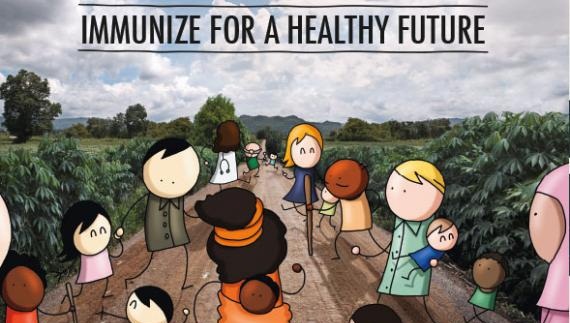Recently the Public Health Foundation of India (PHFI) has launched the Immunization Technical Support Unit (ITSU) with the help and support of the Ministry of Health and Family Welfare (MoHFW). It happened after a MoU (Memorandum of Understanding) which was approved and signed by the MoHFW and the Bill and Melinda Gates Foundation.

The aim of the ITSU (Immunization Technical Support Unit) as envisioned by the Indian Government when it announced in 2012 as the Year of Intensification of Routine Immunization, is to execute the target of absolute immunization of mothers and kids in the target age in each state of India. It will be achieved with the supply of vaccines in each and every district and state in India.
ITSU launched by the Public Health Foundation of India (PHFI) is also accountable to coordinate with the other partners to disperse more awareness among the people. It also works towards contouring the complete vaccine making and supply procedure. It is giving active support to the Multi-Year Strategic Plan for Immunization which was planned by the Ministry of Health and Family Welfare (MoHFW). It works with the government and non-governmental companies as well as local and national civic bodies to create an extended system and road map for prompt supply of vaccines to the target demographic within the stipulated time frame in cost-efficient ways that don’t compromise on the standard of the vaccines.

ITSU from the Public Health Foundation of India has experts who work at the state level to apply booming communications, advocacy and management initiatives. Even special care is taken to ensure that the vaccination process reaches even the most remote places in each state of India. It engages in a driving process of learning from same initiatives internationally to create roads to work in the local context.














